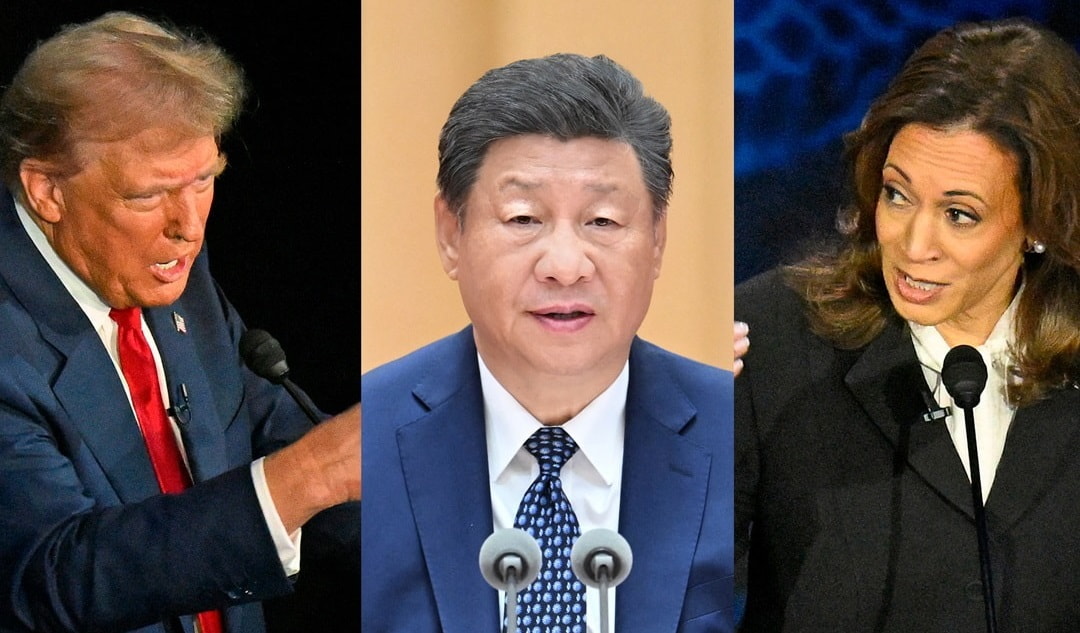
Egyptian analysts are watching closely as tensions rise between the United States and China following Beijing’s high-profile military celebrations that brought together authoritarian leaders from Russia and North Korea.
The events, coinciding with the 80th anniversary of Japan’s defeat in World War II, have sparked public criticism from US President Donald Trump, who called on Chinese President Xi Jinping to “give my warmest regards to Vladimir Putin, and Kim Jong Un, as you conspire against The United States of America.”
Trump’s online outburst reflects frustration at China’s growing international influence and the perceived failure of his personal diplomacy with global hardline leaders.
Last month, he met Russian President Vladimir Putin in Alaska, yet the conflict in Ukraine persists, with escalating attacks on civilians and stalled peace talks with President Volodymyr Zelensky. Similarly, previous engagements with North Korean leader Kim Jong Un have not curbed Pyongyang’s expanding nuclear arsenal.
Experts note that China’s gatherings are more than ceremonial.
By hosting leaders from Asia, the Middle East, and beyond, Beijing is showcasing emerging global influence and testing alternative international alignments that could challenge US authority. Jackie S.H.
Wong, assistant professor of international studies at the American University of Sharjah, told CNN: “China is leveraging the missteps or mistakes that the US (is making).”
While some commentators warn of an emerging anti-US bloc, analysts caution against overstating the threat. Nations represented at summits in Tianjin lack formal defense pacts or economic integration comparable to NATO or the European Union.
Regional tensions, such as those between China and India, remain unresolved, and Russia continues to navigate a subordinate role relative to Beijing.
Nonetheless, the displays signal a shift in global power dynamics. Analysts in Egypt note that Trump’s “America First” policies, tariff coercion, and strained alliances may inadvertently accelerate China’s bid for international prominence.
US military officials, including Gen. Kevin Schneider of the Pacific Air Forces, emphasise that Washington remains undeterred but acknowledge the symbolic weight of China’s messaging.
As the world observes these developments, Egypt’s foreign policy experts stress that the East’s rising influence, coupled with US internal and external policy choices, underscores a broader geopolitical recalibration that could reshape global alliances for decades to come.



